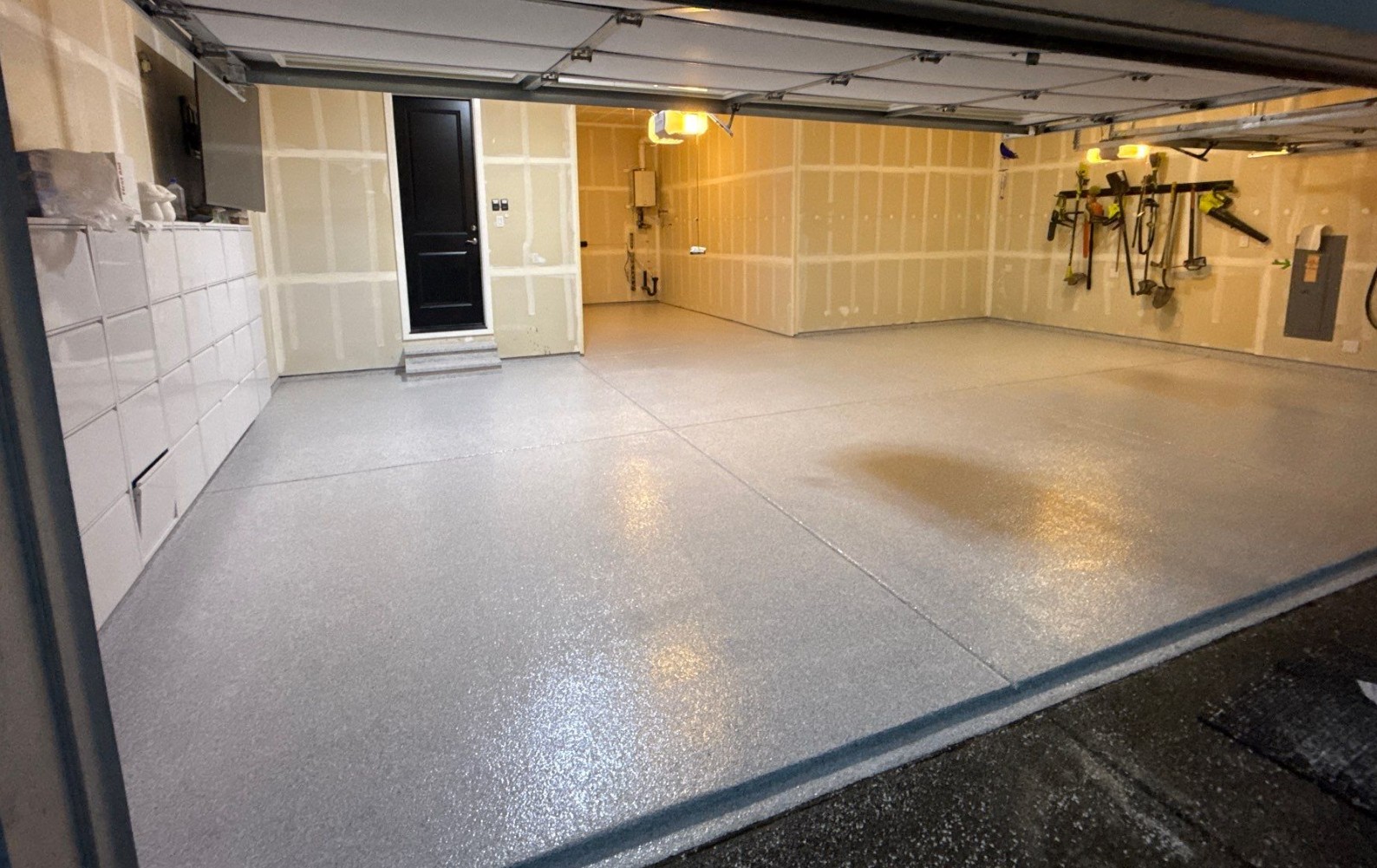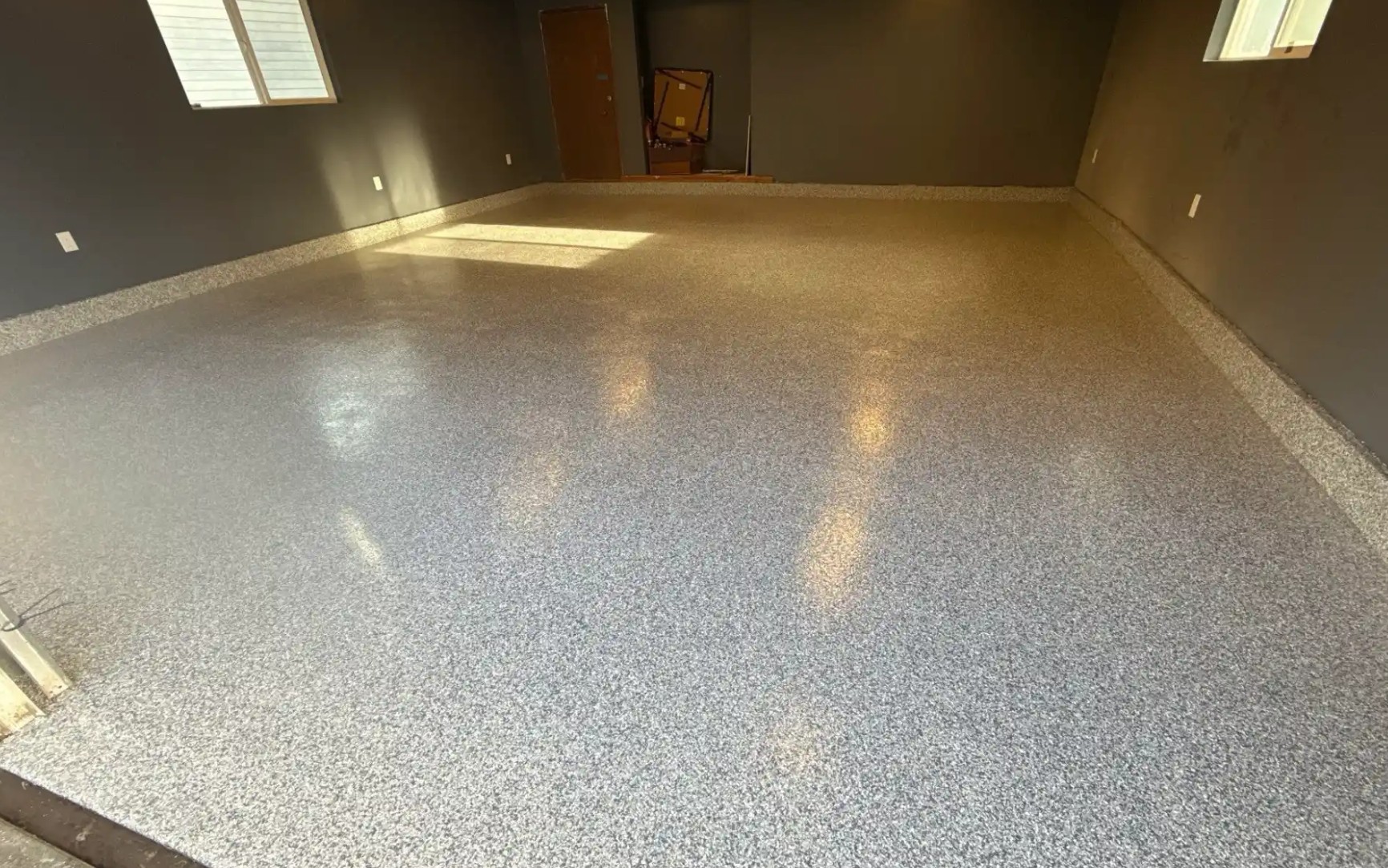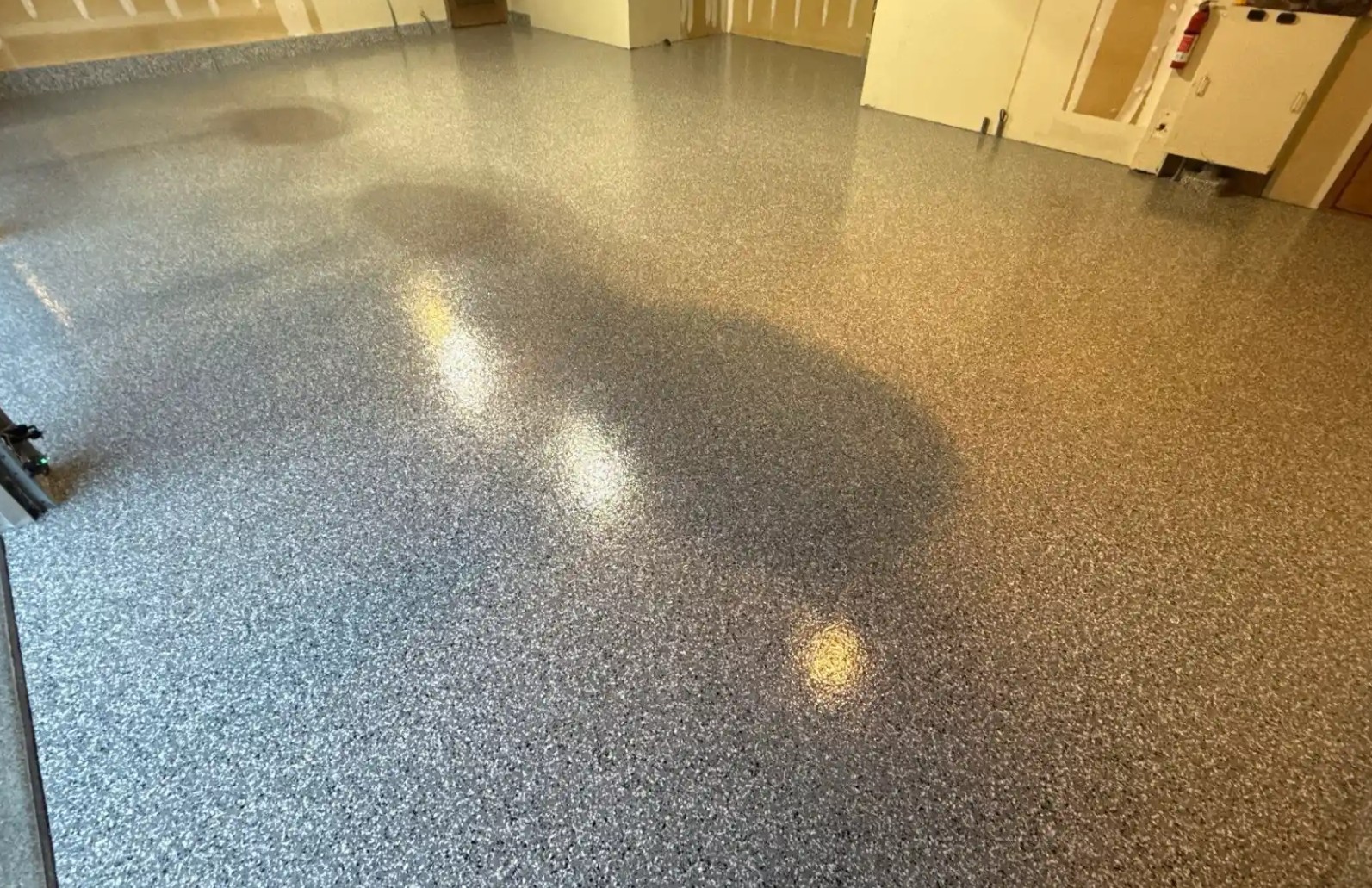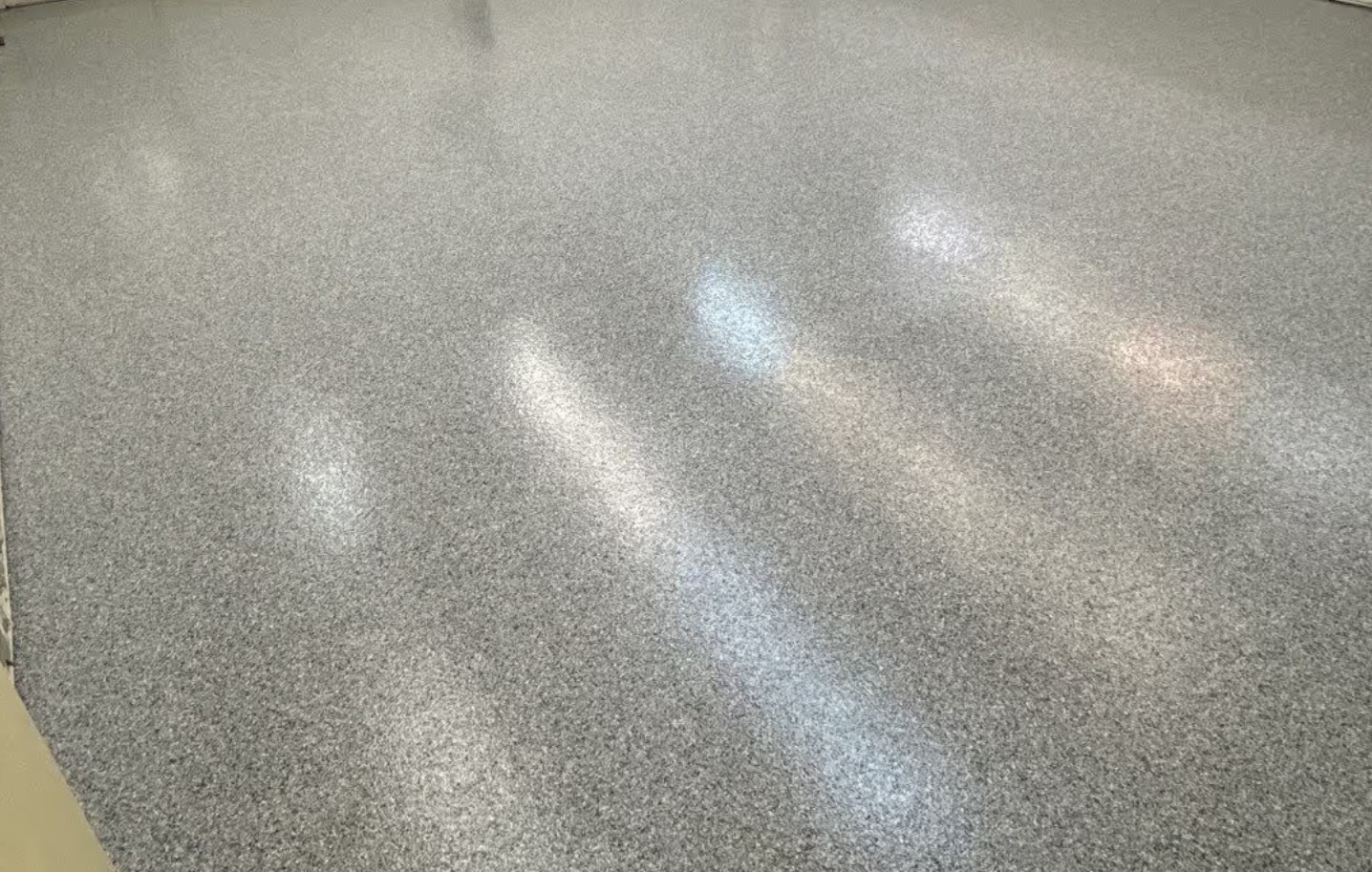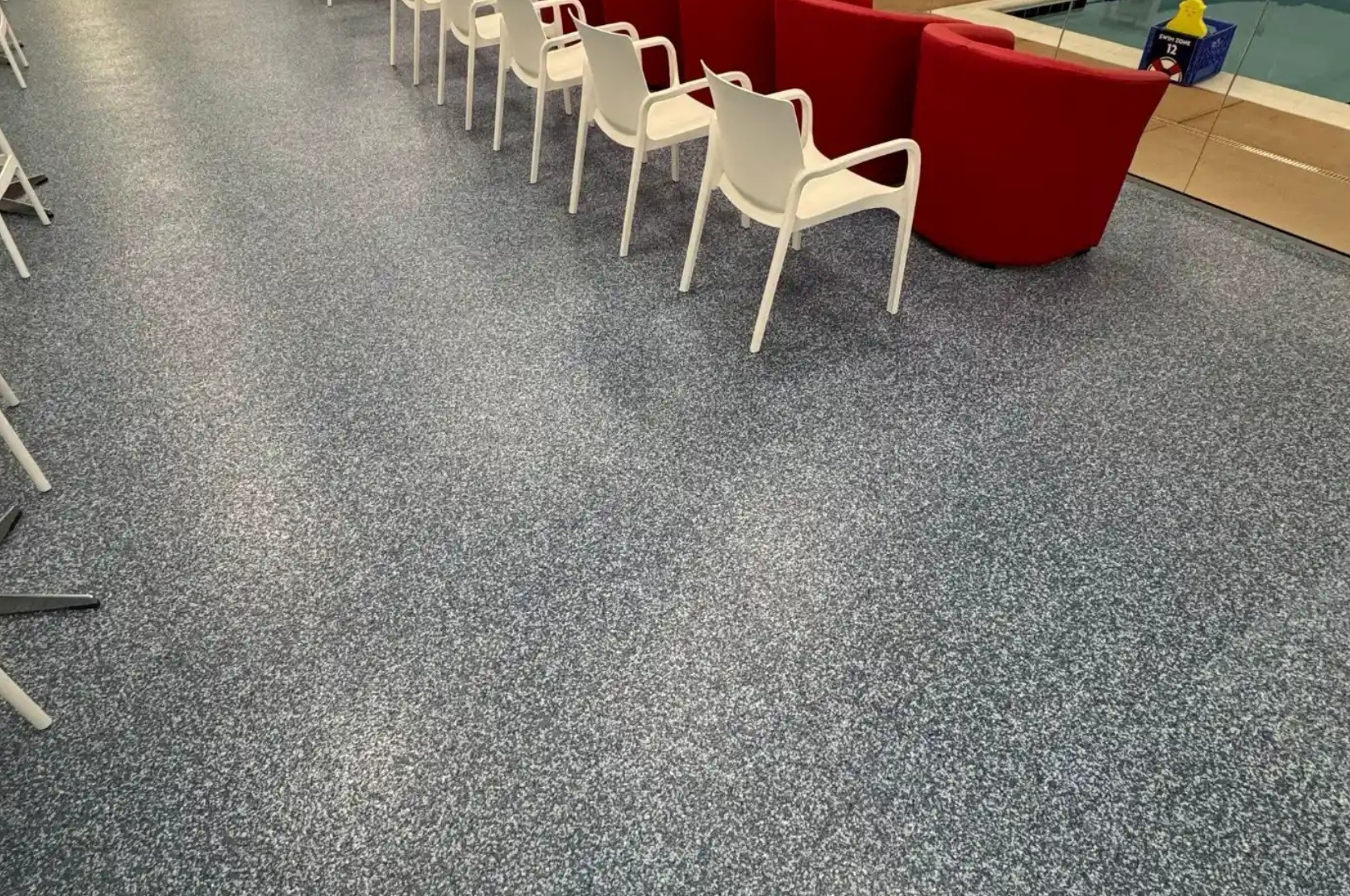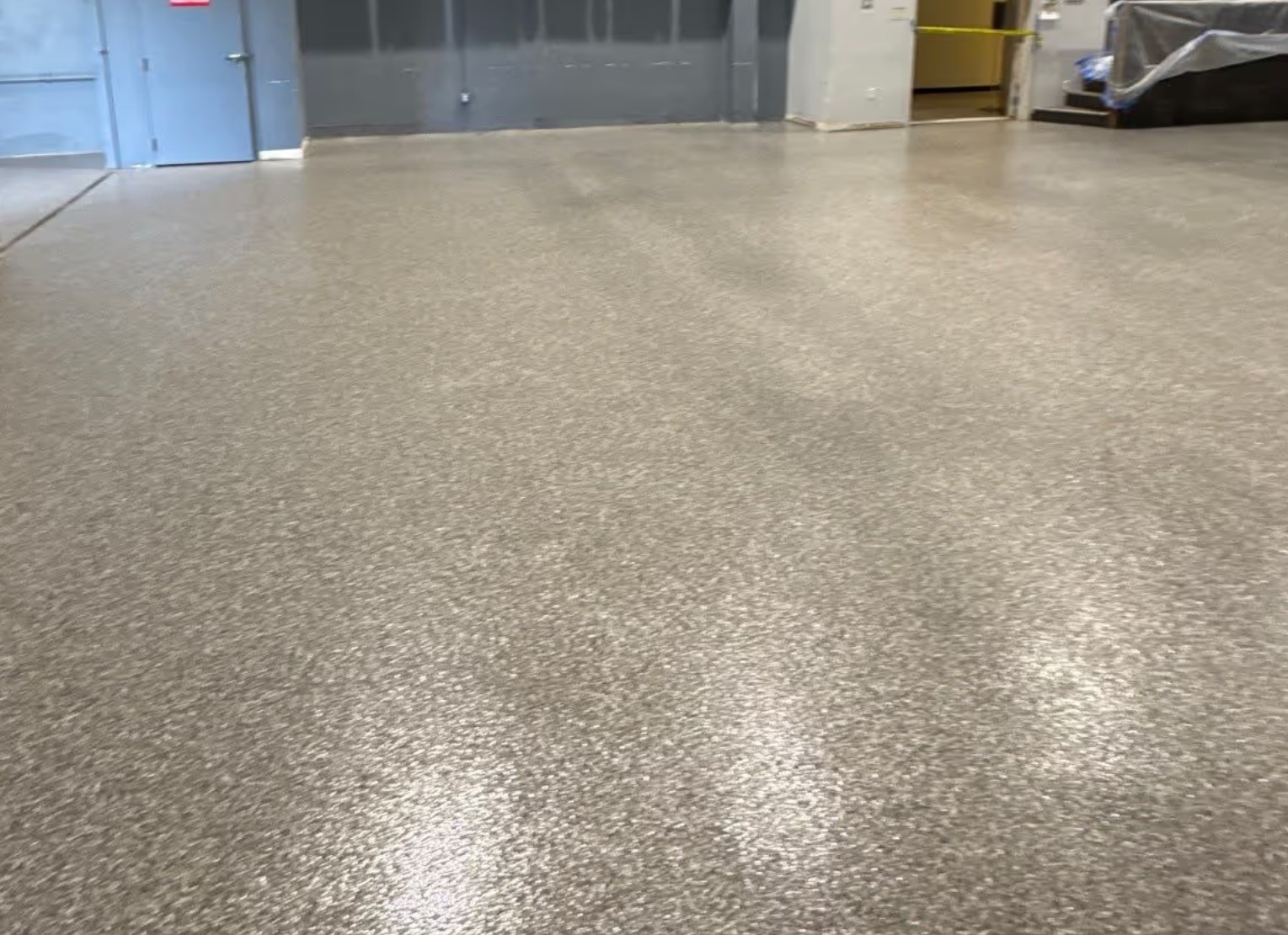
You've invested in a beautiful concrete coating for your garage or workspace, and now you want to ensure it maintains its pristine appearance for years to come. While high-quality concrete coatings like our certified Penntek polyurea systems are incredibly durable, proper care and protection can significantly extend their lifespan and keep them looking showroom-new.
At Cascade Concrete Coatings, we've seen how simple preventive measures can mean the difference between a coating that lasts 20-40 years versus one that shows premature wear. Here's your comprehensive guide to protecting your concrete coating investment.
Not all concrete coatings are created equal. The protection strategies you need depend largely on the type of coating you have:
Epoxy Coatings: Form a mechanical bond with concrete and are more susceptible to damage from thermal cycling, UV exposure, and chemical attacks.
Polyurea Coatings: Create a chemical bond with the concrete surface, offering superior durability and resistance to damage. Our certified Penntek polyurea systems are engineered to withstand significantly more abuse than standard epoxy coatings.
Polyaspartic Coatings: Provide excellent UV resistance and fast cure times but may vary in durability depending on the specific formulation.
Understanding your coating type helps determine the most effective protection strategies for your specific situation.
Clean Spills Immediately: While quality concrete coatings are highly resistant to stains, prompt cleanup prevents any potential long-term effects. This is especially important for:
Use Protective Mats: Place mats in high-traffic areas such as:
Proper Snow and Ice Removal: During winter months, avoid using metal shovels or ice picks directly on the coating. Instead, use plastic shovels or rubber-edged snow pushers.
Avoid Extreme Temperature Shock: While polyurea coatings handle temperature fluctuations better than epoxy, gradual temperature changes are always preferable. When possible:
The Portland Cement Association notes that rapid temperature changes can cause expansion and contraction stress in concrete substrates, which can affect coating performance over time.
Dust Mopping: Regular dust mopping prevents abrasive particles from scratching the surface. Use a microfiber mop or dust mop to remove dirt and debris.
Damp Mopping: Weekly damp mopping with a neutral pH cleaner maintains the coating's appearance and removes any buildup of contaminants.
Inspect for Issues: Monthly inspections can catch small problems before they become major issues. Look for:
Monthly Deep Clean: Use a neutral pH cleaner specifically designed for concrete coatings. Avoid harsh chemicals that can damage the coating surface.
Quarterly Intensive Cleaning: For heavily used areas, consider more intensive cleaning using:
Automotive Chemicals: Garages face unique challenges from automotive fluids. While certified Penntek polyurea systems offer excellent chemical resistance, protection strategies include:
Household Chemicals: Common household chemicals that can potentially damage coatings include:
The Concrete Decor Magazine emphasizes that even chemically resistant coatings can be damaged by prolonged exposure to harsh chemicals.
Heavy Equipment: If you store heavy equipment or vehicles:
Tool Protection: Workshop environments require additional considerations:
Sunlight Exposure: While polyurea coatings offer superior UV resistance compared to epoxy, prolonged direct sunlight can still cause gradual color changes:
When to Consider Additional Protection: High-traffic areas or spaces with specific challenges may benefit from additional protective measures:
Professional Assessment: Our team at Cascade Concrete Coatings can assess your specific situation and recommend additional protection strategies if needed.
Humidity Management: Excessive humidity can affect both the concrete substrate and the coating:
Temperature Control: Maintaining consistent temperatures helps prevent thermal stress:
Safe Cleaners for Concrete Coatings:
Products to Avoid:
Step-by-Step Cleaning Process:
Equipment Recommendations:
The International Concrete Repair Institute provides detailed guidelines for proper concrete coating maintenance procedures.
Small Chips and Scratches: Minor damage can often be repaired before it becomes a major problem:
Stain Removal: Different stains require different approaches:
Signs You Need Professional Help:
At Cascade Concrete Coatings, we provide repair services and can assess whether spot repairs are sufficient or if larger areas need attention.
Post-Winter Assessment:
Heat Management:
Winter Readiness:
Cold Weather Considerations:
Cost-Benefit Analysis: Proper protection and maintenance cost significantly less than premature replacement:
Quality Matters: The superior durability of certified Penntek polyurea systems means they're more forgiving of minor maintenance lapses while still benefiting significantly from proper care.
Annual Inspections: Professional assessments can identify potential issues before they become costly problems:
Maintenance Programs: Some coating contractors offer maintenance programs that include:
What Not to Do:
Cleaning Mistakes:
Common Misconceptions:
Protecting your concrete coating from damage doesn't require expensive equipment or professional services—it simply requires consistent, proper care. By following these guidelines and understanding the specific needs of your coating type, you can ensure your investment maintains its beauty and functionality for decades.
The key to long-lasting concrete coatings lies in three main areas: daily protection habits, regular maintenance, and prompt attention to any issues that arise. When combined with a high-quality coating system like our certified Penntek polyurea installations, these protection strategies ensure you'll enjoy your beautiful, durable floor for years to come.
At Cascade Concrete Coatings, we're committed to helping you get the maximum value from your concrete coating investment. Our team is always available to answer questions about proper care, recommend specific products for your situation, or provide professional maintenance services when needed.
Ready to learn more about protecting your concrete coating investment? Contact us today for personalized advice and professional maintenance services. We serve the greater Seattle and Woodinville area and would be honored to help you keep your concrete coating looking its best for decades to come.
